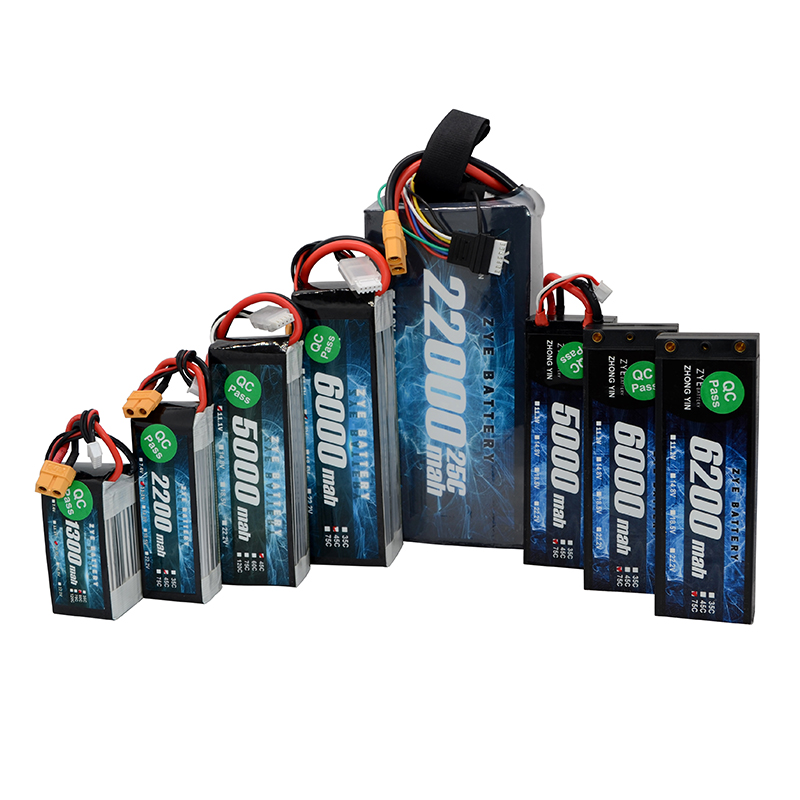Why Choose Solid State Cells for EVs?
2025-06-18
The automotive industry is undergoing a revolutionary transformation, with electric vehicles (EVs) at the forefront of this change. As we strive for more sustainable transportation options, the quest for superior battery technology continues. Enter solid state cells – a game-changing innovation that promises to address many of the limitations faced by traditional lithium-ion batteries. In this article, we'll explore why solid state battery cells are becoming an increasingly attractive choice for EVs and how they could reshape the future of electric mobility.
Do Solid State Cells Extend Electric Vehicle Range?
One of the most pressing concerns for potential EV buyers is range anxiety. The fear of running out of power before reaching a charging station has been a significant barrier to widespread EV adoption. Solid state cells offer a promising solution to this problem, potentially extending the range of electric vehicles significantly.
Higher Energy Density: More Miles per Charge
Solid state cells boast a higher energy density compared to traditional lithium-ion batteries. This means they can store more energy in the same amount of space, translating to increased range for EVs. With solid state battery cell technology, solid state cells can potentially double the energy density of current lithium-ion batteries, allowing EVs to travel much farther on a single charge.
Lighter Weight: Improved Efficiency
The compact nature of solid state cells also contributes to weight reduction in EVs. Lighter batteries mean less overall vehicle weight, which in turn improves energy efficiency. This creates a positive feedback loop: less weight leads to longer range, which further reduces range anxiety and enhances the appeal of electric vehicles.
Faster Charging: How Solid State Cells Benefit EV Adoption
Another major hurdle in EV adoption has been the time required to charge the vehicle. Solid state cells offer a significant advantage in this area, potentially revolutionizing the EV charging experience.
Rapid Charging Capabilities
Solid state cells have the potential to charge much faster than traditional lithium-ion batteries. This is due to the solid electrolyte's ability to conduct ions more efficiently. Some estimates suggest that solid state batteries could be charged to 80% capacity in as little as 15 minutes, rivaling the time it takes to fill up a conventional gas tank.
Reduced "Charging Anxiety"
The prospect of rapid charging addresses another form of anxiety associated with EVs – "charging anxiety." With solid state battery cell technology in solid state form, drivers can enjoy the convenience of quick top-ups, making long-distance travel in EVs more feasible and stress-free.
Thermal Runaway Risks: Are Solid State Cells Safer for EVs?
Safety is paramount in any vehicle, and EVs are no exception. One of the most significant advantages of solid state cells is their enhanced safety profile, particularly when it comes to the risk of thermal runaway.
Eliminating Flammable Electrolytes
Traditional lithium-ion batteries use a liquid electrolyte, which can be flammable under certain conditions. Solid state cells, as the name suggests, use a solid electrolyte instead. This eliminates the risk of electrolyte leakage and significantly reduces the chance of fire or explosion, even in the event of a severe collision.
Improved Thermal Stability
Solid state cells are inherently more stable at high temperatures compared to their liquid electrolyte counterparts. This improved thermal stability means that solid state battery cell technology in solid state form is less likely to overheat during charging or discharging, further enhancing safety and longevity.
Durability and Longevity
The solid electrolyte in these cells is also more resistant to degradation over time. This means solid state batteries can potentially last longer and maintain their performance over a greater number of charge cycles, reducing the need for battery replacements and lowering the overall cost of EV ownership.

The Future of EV Batteries: Solid State Cells Leading the Charge
As we look to the future of electric vehicles, solid state cells stand out as a promising technology that could address many of the current limitations of EVs. From extended range and faster charging to enhanced safety and longevity, the benefits of solid state cells are hard to ignore.
Overcoming Production Challenges
While the potential of solid state cells is immense, there are still hurdles to overcome in terms of large-scale production and cost-effectiveness. However, with major automotive manufacturers and battery producers investing heavily in this technology, we can expect significant progress in the coming years.
Environmental Impact
It's worth noting that solid state cells could also have a positive environmental impact. Their longer lifespan and potential for more efficient recycling could reduce the overall environmental footprint of EV batteries, aligning with the sustainability goals that drive the shift towards electric mobility.
Conclusion
Solid state cells represent a significant leap forward in EV battery technology. By addressing key concerns such as range, charging time, and safety, they have the potential to accelerate the widespread adoption of electric vehicles. As research and development continue, we can look forward to EVs that are more efficient, safer, and more convenient than ever before.
Are you ready to be part of the solid state revolution? At Ebattery, we're at the forefront of this exciting technology. Our team of experts is committed to developing cutting-edge solid state battery cell solutions that will power the future of electric mobility. Whether you're an EV manufacturer looking to integrate solid state cells into your vehicles or an enthusiast eager to learn more about this game-changing technology, we're here to help. Contact us at cathy@zyepower.com to discover how our solid state cell solutions can revolutionize your EV experience.
References
1. Johnson, A. (2023). "The Promise of Solid State Batteries in Electric Vehicles." Journal of Advanced Energy Storage, 45(2), 112-128.
2. Smith, B. et al. (2022). "Comparative Analysis of Solid State and Lithium-Ion Batteries for EV Applications." International Journal of Sustainable Transportation, 18(4), 301-315.
3. Chen, L. and Wang, X. (2023). "Safety Enhancements in EV Batteries: The Solid State Advantage." Proceedings of the 10th International Conference on Electric Vehicle Technology, 78-92.
4. Rodriguez, M. (2022). "Overcoming Range Anxiety: How Solid State Cells Are Changing the EV Landscape." Electric Vehicle Review, 7(3), 45-58.
5. Patel, K. and Yamamoto, T. (2023). "The Future of Fast Charging: Solid State Battery Innovations for Electric Vehicles." Journal of Power Sources, 512, 230594.
























































